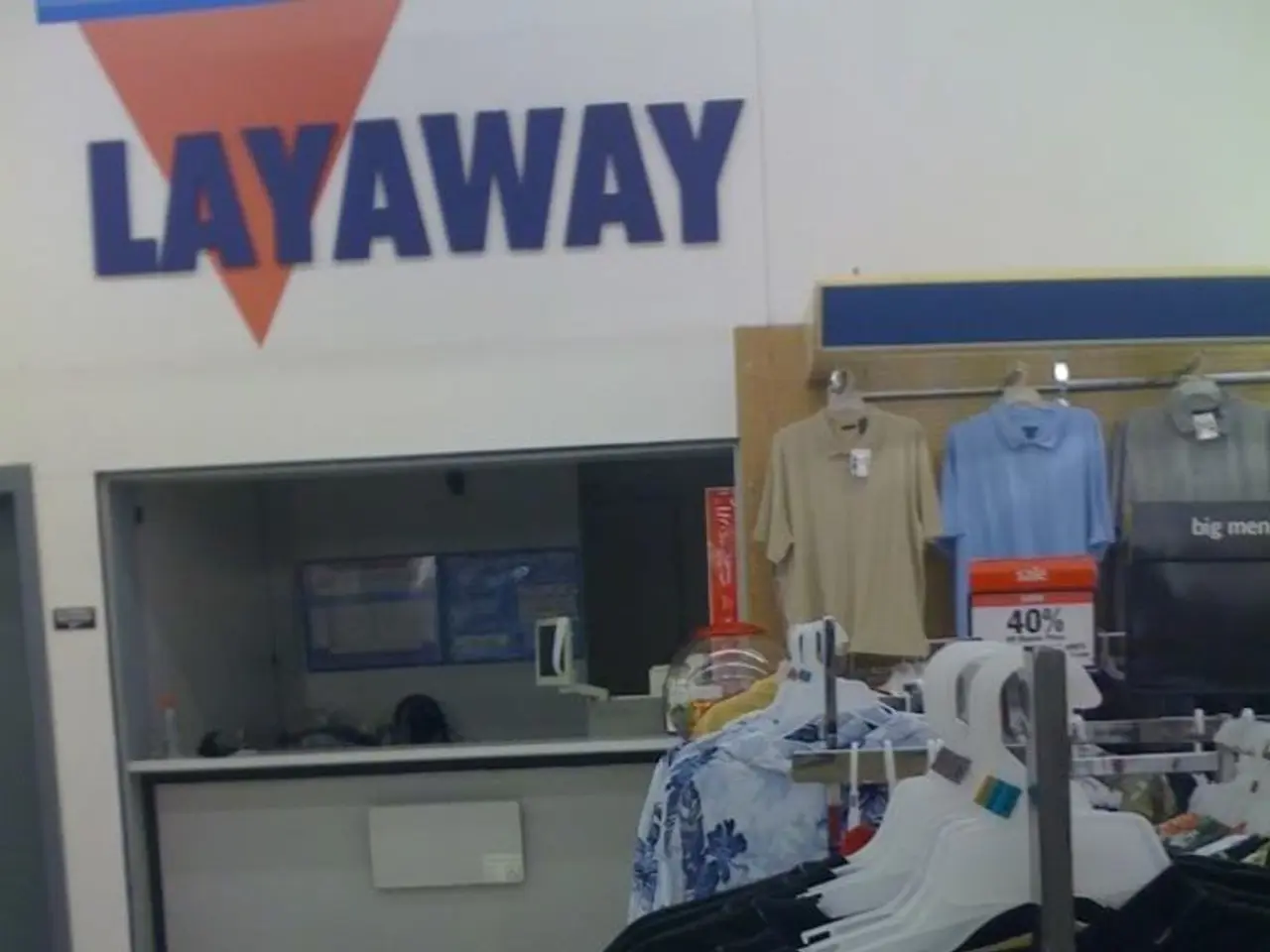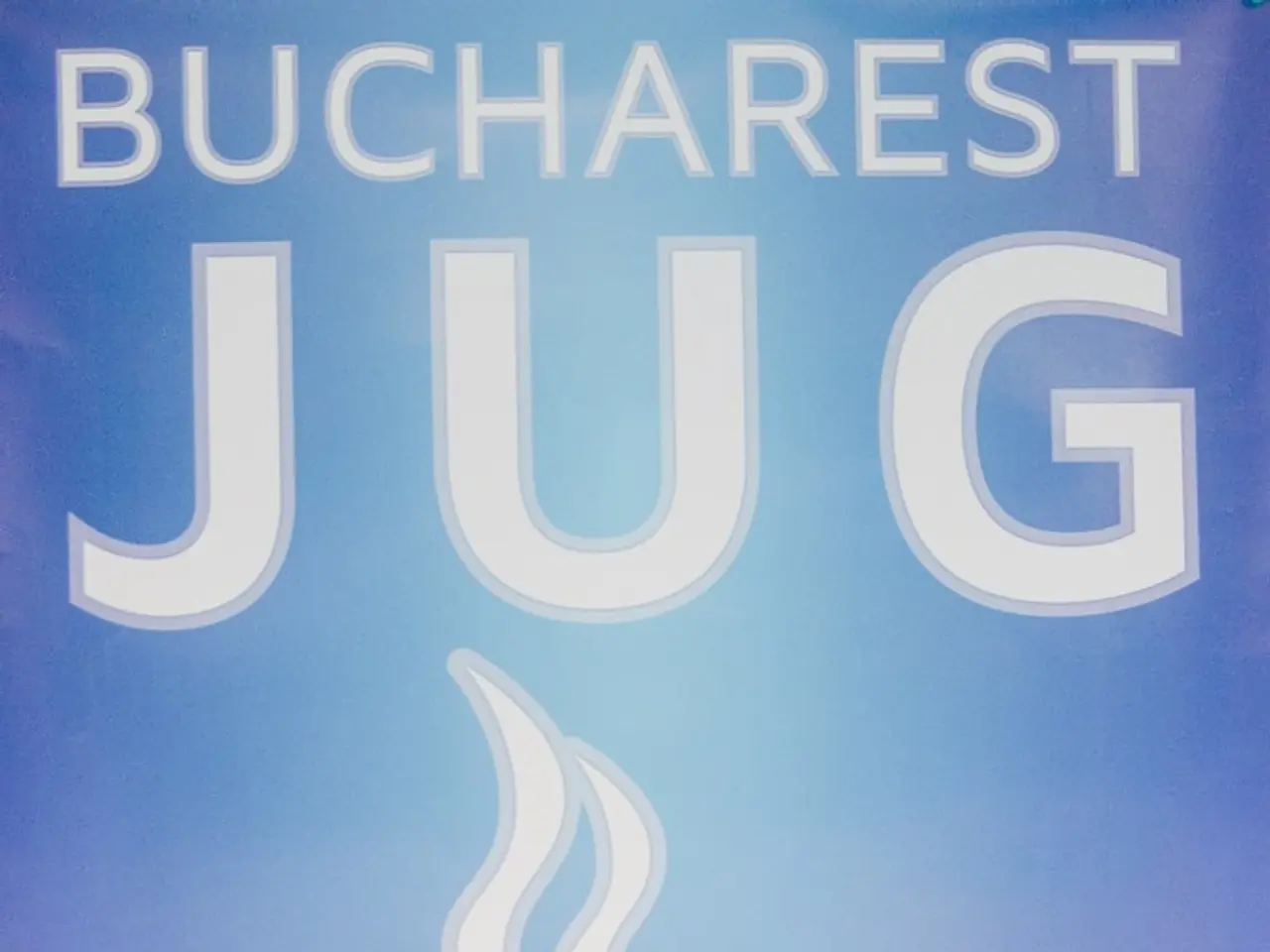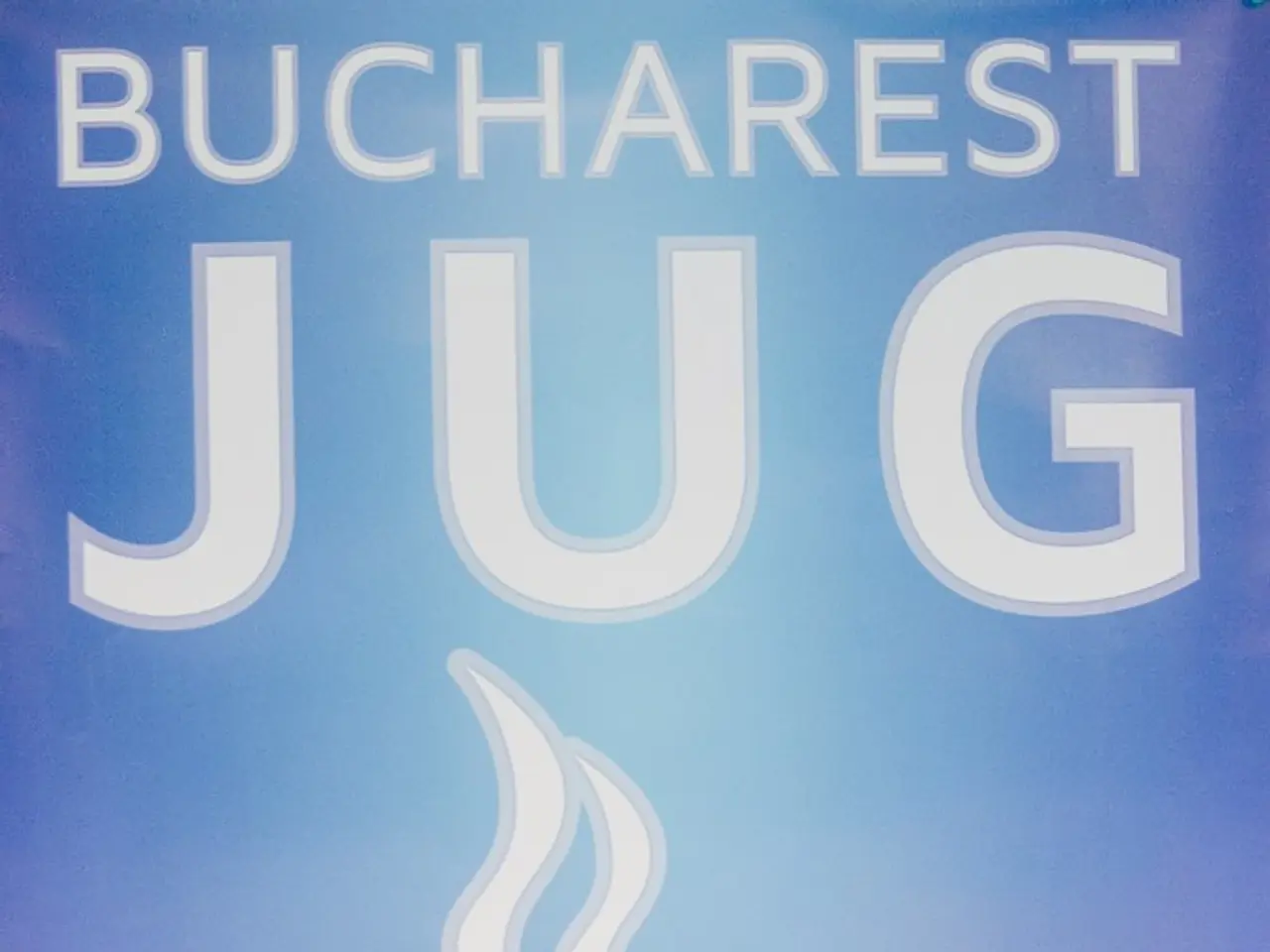Madison's public transit system, Metro Transit, colludes with Masabi to institute flexible payment options across its transport network.
Metro Transit Madison, the city's public transportation service, is set to revolutionize the commuting experience with the introduction of open payments for fare collection, effective from June 30, 2025. This innovative system will enable adult bus fares to be paid using contactless Mastercard or Visa credit cards, as well as mobile wallets like Apple Pay or Google Pay.
The open payments feature, launched in alignment with similar systems in other transit agencies, marks a significant step towards modernizing fare collection in Madison. The technology, powered by Masabi's Justride platform, promises to streamline the boarding process, enhance convenience, and improve the overall efficiency of fare collection.
One of the key benefits of the open payments system is the ease of payment. Riders will no longer need to worry about carrying exact change or pre-purchasing transit cards. Instead, they can simply tap their contactless bank cards or mobile devices to pay their fares. This convenience is expected to speed up boarding, reducing delays caused by cash handling.
Moreover, the open payments system offers potential for account linking and rewards. While specific programs for Madison have not been detailed, similar implementations in other cities include options to link payment cards to transit accounts, enabling reduced fares, rewards, and access to trip history.
The adoption of open payments also promises to lower operational costs by reducing the need for cash processing and physical fare media distribution. Enhanced data analytics from open payment systems will allow Metro Transit to refine fare policies and service planning based on actual ridership patterns, ultimately improving service efficiency and reliability.
Metro Transit Chief Development Officer Mick Rusch expressed his excitement about the new system, stating that it makes it easier for everyone to ride transit in Madison. He emphasized that the open payments launch is about more than just technology; it's about improving lives and making public transit an easier, more accessible choice for riders.
The shift to open payments is part of Metro Transit's commitment to rapid, efficient, and rider-centric innovation. It comes seven months after the introduction of account-based ticketing with Metro Fast Fare cards and a new mobile app in September 2024. Masabi's CEO, Brian Zanghi, expressed his pride in continuing to work with Metro Transit to deliver a world-class fare payments solution for Madison.
With no apps, no passes, and no planning ahead required, the open payments system is set to make commuting in Madison smoother and more convenient for all. The city of Madison notes the improvements in service efficiency and reliability due to the shift to open payments, and looks forward to a more streamlined and efficient public transportation system.
- The open payments system, aligned with other transit agencies, aims to modernize fare collection in Madison by using technology powered by Masabi's Justride platform.
- With the new system, riders can pay their bus fares contactlessly using Mastercard, Visa, Apple Pay, or Google Pay, reducing the need for exact change or pre-purchased transit cards.
- The potential for account linking and rewards is another advantage, allowing riders to link payment cards to transit accounts for reduced fares, rewards, and access to trip history.
- The shift to open payments is expected to lower operational costs by minimizing cash processing and physical fare media distribution, while improved data analytics will allow Metro Transit to refine fare policies and service planning based on actual ridership patterns.




